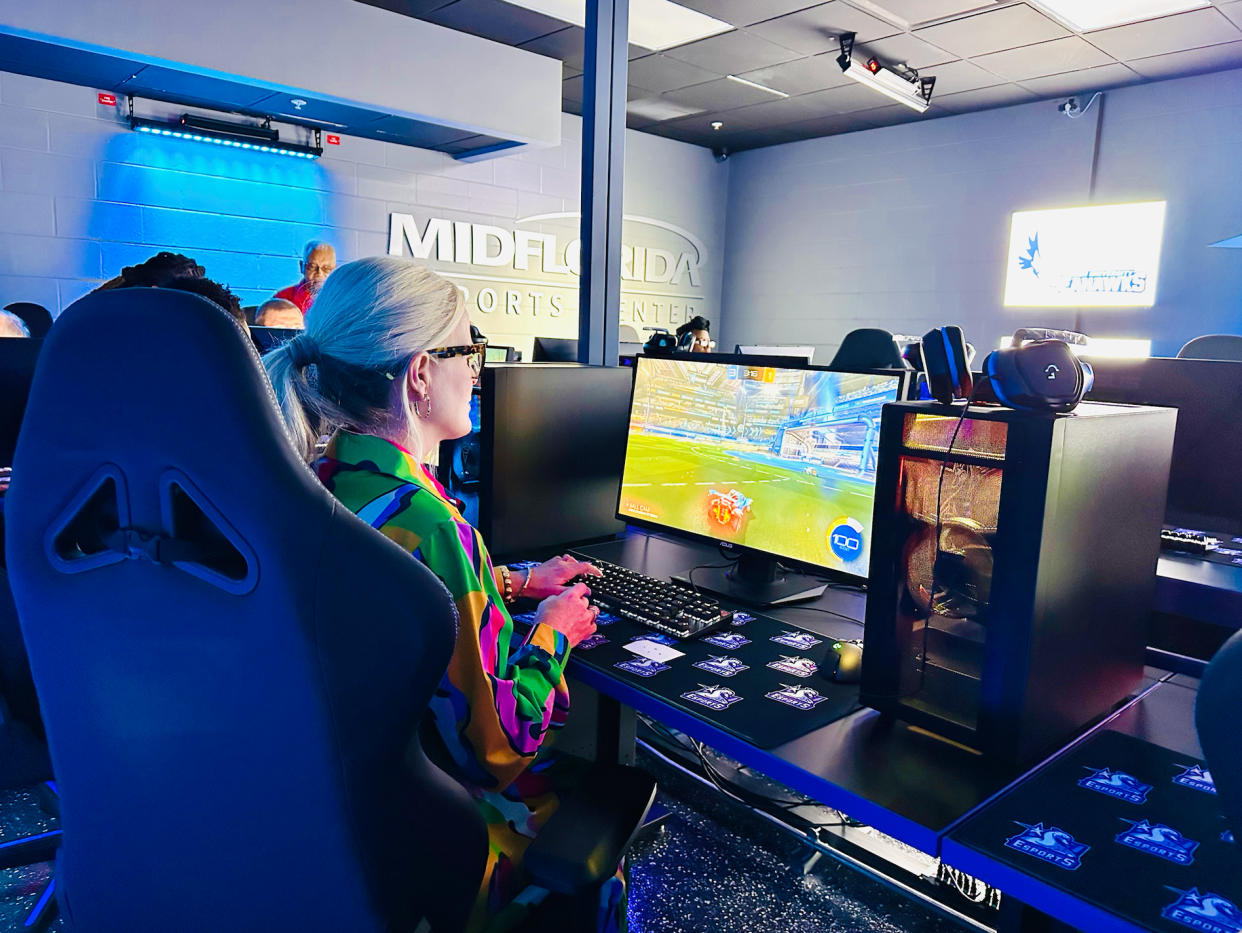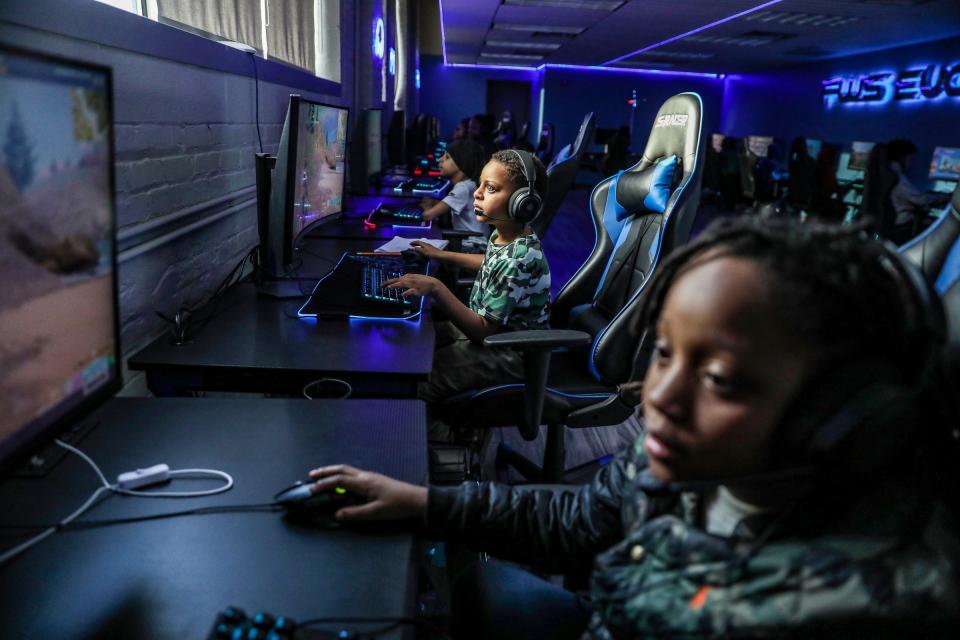Student project: People are aspiring to make video games more than a hobby. Here's why.

The year is 1979, and the first two machines to ever have a leaderboard come into arcades: Asteroids and Starfire.
As few games allowed multiplayer at the time, this was the closest many people got to esports. To the people who played those games, the leaderboard didn’t measure who happened to get the most points but who had the most skill. That led to the advent of Space Invaders on the Atari, which became the foundation for the first esports event in 1980.
Since its debut, esports has skyrocketed in popularity. The original 10,000 participants in the first event in 1980 have turned into 3,198,000 people who play esports worldwide in competitions with millions of dollars as the prize. This increase in popularity has caused many high school students to play esports and even aspire to make it their career. But is it a viable career at the high school and professional levels?
High schoolers can play esports as an official sport. Why, how and what good does it do?
The reasons for playing video games for a career, other than money, are because people like the feeling of getting better at something and the support from the community that comes with playing esports. There are many benefits to the students who participate in programs and competitions on their own time: it promotes teamwork, strategy, motor skills and learning from your mistakes.
“I plan to make esports a career in the future,” said Caleb Mullins, a freshman at Whetstone High School. “It’s a way to make money doing something fun.”
There are many students like him, too. Since 2018, when esports became recognized as an official sport by the National Federation of State High School Association, more than 8,600 high schools have an esports team. There are 250 Ohio schools within the program alone.

According to the National Schoolboards Association, kids who participate in an esports league in high school have better grades and attendance. It also brings all kinds of kids together from various backgrounds and unites them behind one goal: winning against other teams. Students have even gotten scholarships to college to do esports professionally.
For high school students, It can be more than a hobby. David Naka, a student at Centennial High School, has made money from it.
“I most likely won’t turn it into a career, but I’ve earned some money playing tournaments, so it is possible to turn it into a career,” he said.
Making esports a career often doesn't work out
There isn’t a lot of funding for school esports programs. Because of the lack of respect and support for it, and the expensive equipment needed, schools don’t give the programs as much as they need. Even with help from the community to fund it, it is still challenging to keep the program running. There is only a slim chance that it could be a viable career, as there are thousands more players who want to do it as a job than there are teams.
Depending on the game, the chances of making a living off of esports are less than 0.01%, according to one former gaming manager's calculations.
There are also health risks because of the long hours of practicing, according to the National Library of Medicine. Players could get headaches, migraines and carpal tunnel syndrome. It also affects their mental health, taking up a lot of time and possibly affecting relationships with others, getting exercise and grades.
Other factors go into it too, like what is popular, what team they're on, how they practice, their likeability and getting the right exposure. And a lot of luck goes into it. Most people who play esports for a living are simply at the right place at the right time, and that is something you simply can’t replicate by working hard.
Livinia Greenwald is a student at Centennial High School. This piece was written for Columbus Journalists in Training, a program sponsored by the Columbus Dispatch and Society of Professional Journalists Central Ohio Pro-Chapter for Columbus City Schools students. Livinia was a member of team UJCKT.
This article originally appeared on USA TODAY: Student project: More high schoolers interested in esports as a career

